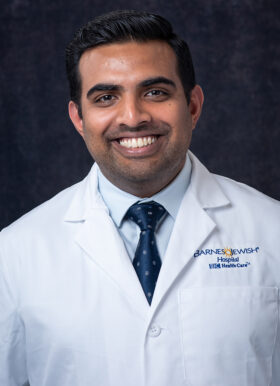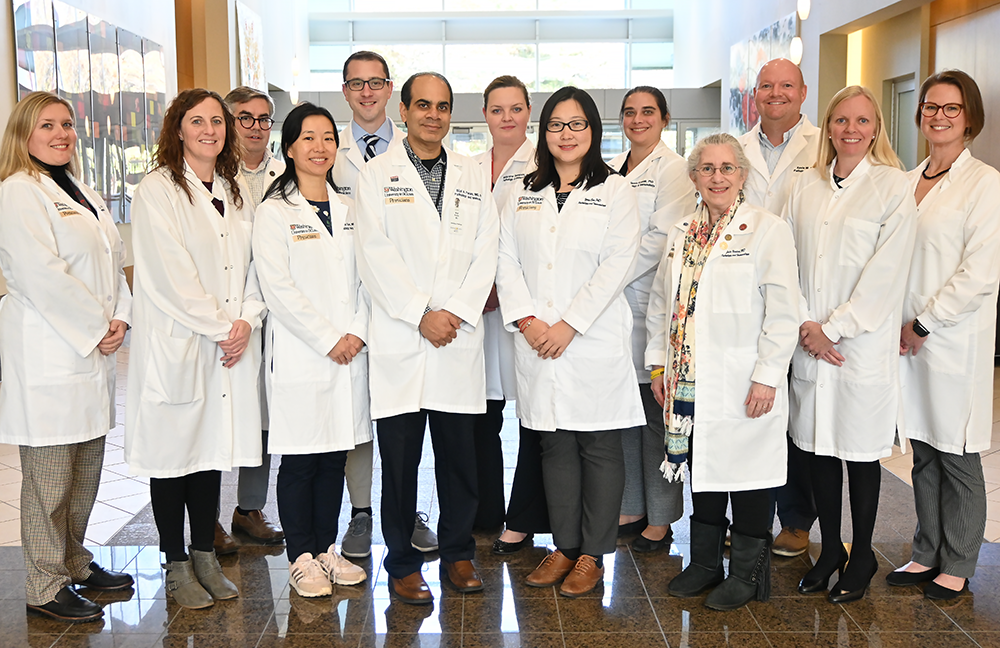
The Molecular Genetic Pathology (MGP) fellowship program is a joint undertaking between the Divisions of Anatomic and Molecular Pathology and Laboratory and Genomic Medicine within the Department of Pathology and Immunology. The fellowship is accredited by the ACGME and designed to meet the needs of trainees interested in a career focused on the application of molecular genetic techniques to translational science and the clinical laboratory.
The fellowship was approved by Accreditation Council for Graduate Medical Education (ACGME) and began July 1, 2008.
The overall fellowship training is flexible and allows trainees to spend additional time focused on key subspecialty areas of interest within molecular diagnostics. Washington University School of Medicine and Barnes-Jewish Hospital provide the clinical material for the program.
As part of a team of MGP and Laboratory Genetics and Genomics (LGG) trainees, fellows are trained in fundamental and innovative molecular methods that profoundly impact patient care. Our fellows have unparalleled access to cutting-edge technology and faculty experts to promote advanced training in the molecular characterization and diagnosis of solid tumors, hematologic malignancies, infectious diseases, HLA genotyping, disorders of somatic mosaicism and germline testing, including gene panels and clinical exome sequencing. Highlights of training also include in-depth exposure to our MyeloSeqTM and ChromoSeqTM NGS assays. MyeloSeqTM is an in-house targeted sequencing assay for genes recurrently mutated in myeloid neoplasms and used for both initial diagnosis and MRD monitoring. ChromoSeqTM is an advanced diagnostic assay, also developed at Washington University (by two former MGP Fellows). This first-in-class assay is based on whole genome sequencing and provides a comprehensive genomic assessment of newly diagnosed patients with myeloid malignancies. Finally, fellows are exposed to solid tumor NGS through our newly developed GatewaySeq assay.
In addition to becoming technically proficient, fellows develop the leadership and management skills required to direct a molecular diagnostics laboratory, including but not limited to managing quality assurance and development and validation of new molecular assays. Fellows will also participate in regular didactic teaching sessions with faculty and contribute to department conferences and journal clubs.Fellows are encouraged to present research findings at local and national meetings and are provided with dedicated time to pursue scholarship projects.
The Washington University/Barnes-Jewish Hospital MGP fellowship is among the longest-running such training programs in the country and was the first to offer clinical NGS-based training. Trainees with interact directly with ordering physicians, geneticists, bioinformaticians and research faculty providing a full breadth of training. Previous fellows have pursued successful careers in NIH-funded basic science research, clinical academics, private practice and industry.
Training for the fellowship occurs in state-of-the-art facilities at Washington University School of Medicine and Barnes-Jewish Hospital. The fellowship includes laboratory rotations through the Molecular Diagnostics Laboratory, Molecular Infectious Diseases Laboratory and HLA Laboratory at Barnes-Jewish Hospital; Clinical Genomics Laboratory; Anatomic and Molecular Pathology Laboratory; CLIA Licensed Environment (CLE) Laboratory at the McDonnell Genome Institute; and the Informatics section of the LGM Division within the Department of Pathology at Washington University. MGP training occurs in a state-of-the-art building on an area of the medical campus known as the CORTEX District (Center of Research, Technology and Entrepreneurial Exchange), and the 680,000- square-foot BJC Institute of Health (BJCIH) at Washington University, an 11-story research building housing laboratories and support facilities.
Fellows must be board-eligible or board-certified in anatomic pathology, clinical pathology, or medical genetics.
We are currently recruiting for the 2025-2026 academic year. Interested candidates can apply at fellowships.path.wustl.edu.
Note: For the 2026-2027 cycle, we will be participating in the NRMP Match. The timeline for interviews and ranking is detailed here: www.amp.org/education/career-development/molecular-genetic-pathology-mgp-fellowship-training-programs/
For additional information, please contact the Dept of Pathology Office of Education at path-officeofeducation@email.wustl.edu
Faculty
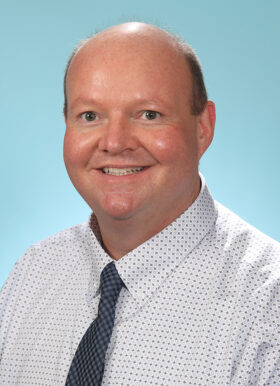
Kevin Bowling, PhD
Associate Professor, Pathology & Immunology
Technical Director of Clinical and Translational Genomics
- Phone: 314-362-8672
- Email: bowling@wustl.edu
Division: Genomic & Molecular Pathology

Yang Cao, PhD
Associate Professor, Pathology & Immunology
Director, LGG Fellowship
- Phone: 314-273-3225
- Email: cao.yang@wustl.edu
Division: Genomic & Molecular Pathology
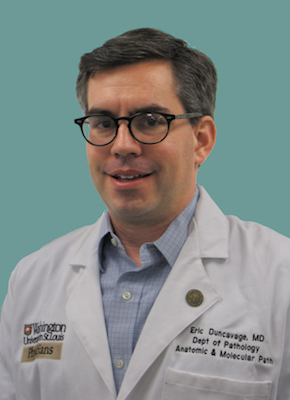
Eric J. Duncavage, MD
Professor, Pathology & Immunology
Division Chief, Genomic and Molecular Pathology
Section Head, Molecular Oncology
- Phone: 314-747-2007
- Fax:
- Email: duncavagee@wustl.edu
Division: Genomic & Molecular Pathology
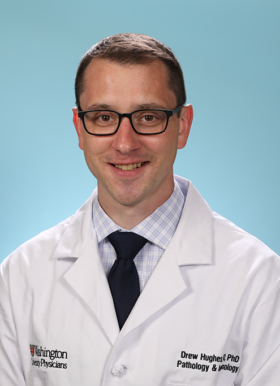
Drew Hughes, MD, PhD
Assistant Professor, Pathology & Immunology
- Phone: 314-273-5283
- Email: hughes.andrew@wustl.edu
Division: Genomic & Molecular Pathology
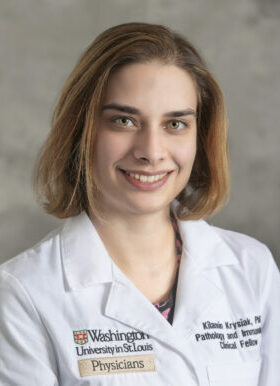
Kilannin Krysiak, PhD
Assistant Professor of Pathology & Immunology
- Phone: 314-273-4218
- Email: kkrysiak@wustl.edu
Division: Genomic & Molecular Pathology
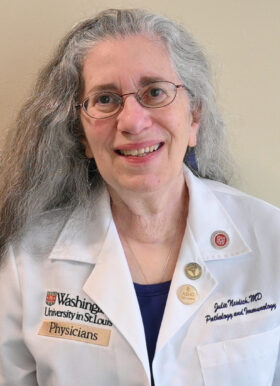
Julie A. Neidich, MD
Professor, Pathology & Immunology
- Email: jneidich@wustl.edu
Division: Genomic & Molecular Pathology
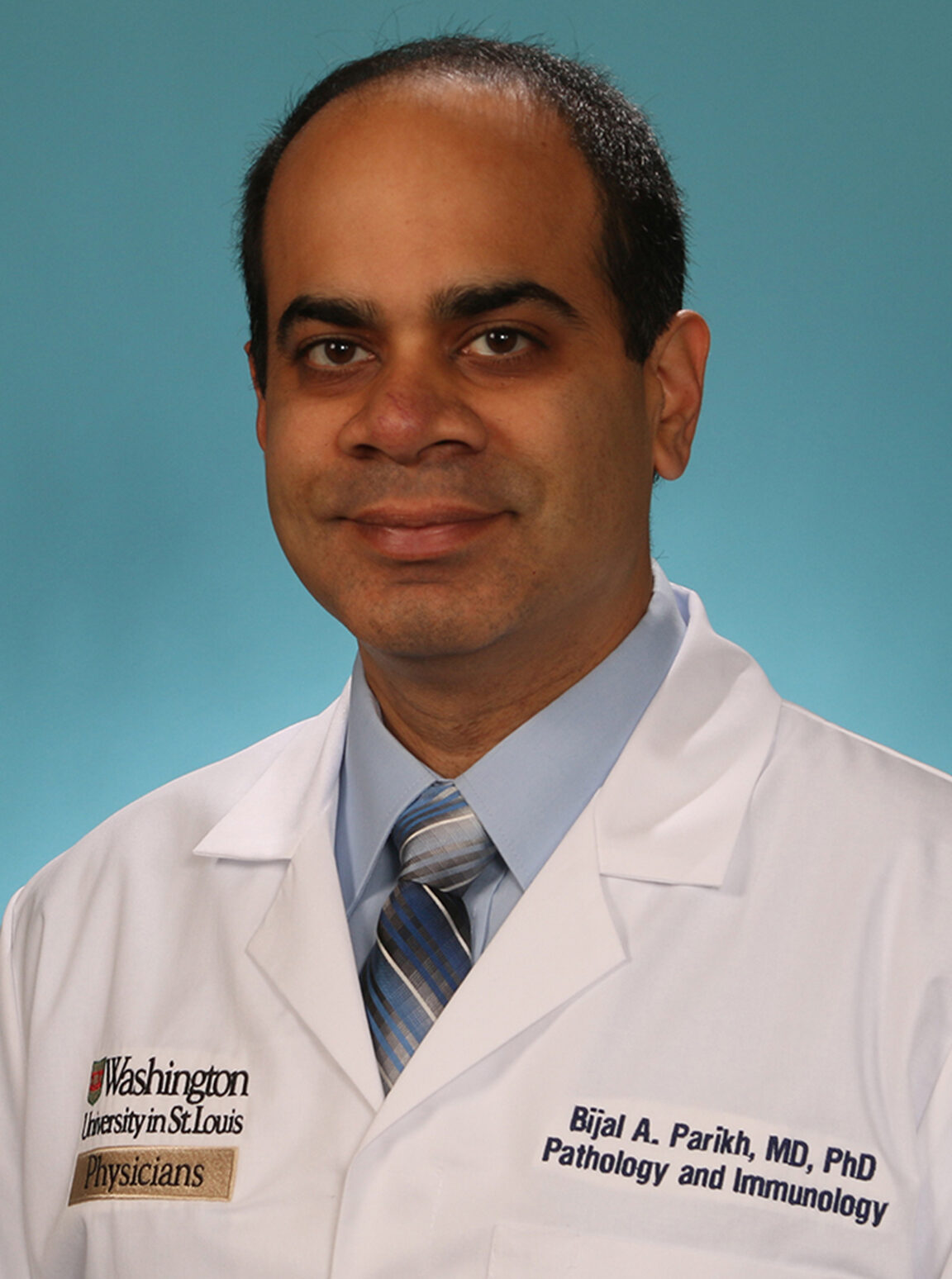
Bijal Parikh, MD, PhD
Associate Professor, Pathology & Immunology
Director, BJH Molecular Diagnostics Lab
Director, Molecular Genetic Pathology Fellowship
- Phone: 314-273-7926
- Email: bparikh@wustl.edu
Division: Genomic & Molecular Pathology
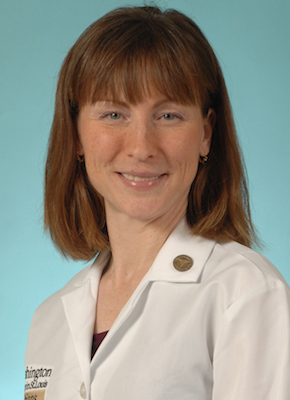
Jacqueline Payton, MD, PhD
Associate Professor, Pathology & Immunology
Co-Director, Physician Scientist Training Program
- Email: jpayton@wustl.edu
Division: Laboratory & Genomic Medicine
Research Interests: Lymphoma, epigenetics, gene regulation, host-pathogen interface
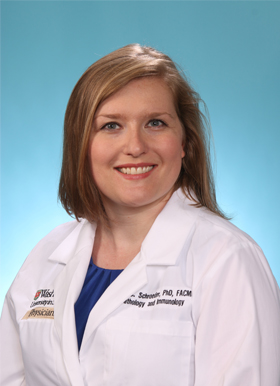
Molly Schroeder, PhD, FACMG
Associate Professor, Pathology & Immunology
Associate Division Chief, Genomic and Molecular Pathology
Medical Director, Clinical Genomics Laboratory
Section Head, Molecular Pathology
Associate Director, Laboratory Genetics and Genomics Fellowship
- Email: molly.schroeder@wustl.edu
Division: Genomic & Molecular Pathology
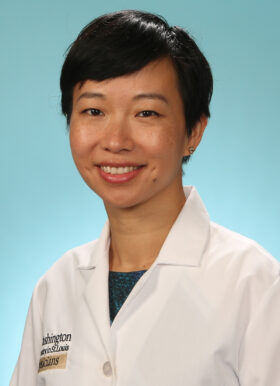
Lulu Sun, MD, PhD
Assistant Professor, Pathology & Immunology
- Email: sunl@wustl.edu
Division: Anatomic & Molecular Pathology
Trainees
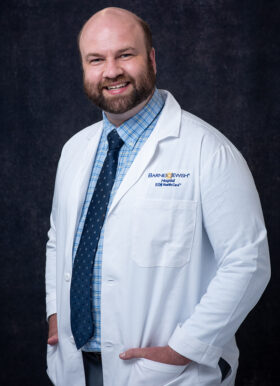
Christopher Zarbock, MD
Fellow, Molecular Genetic Pathology
Fellow, Clinical Informatics
- Email: czarbock@umn.edu
Contact information
Lana Torry
Senior Fellowship Program Coordinator
Phone: 314-273-5476
lanaktorry@wustl.edu
